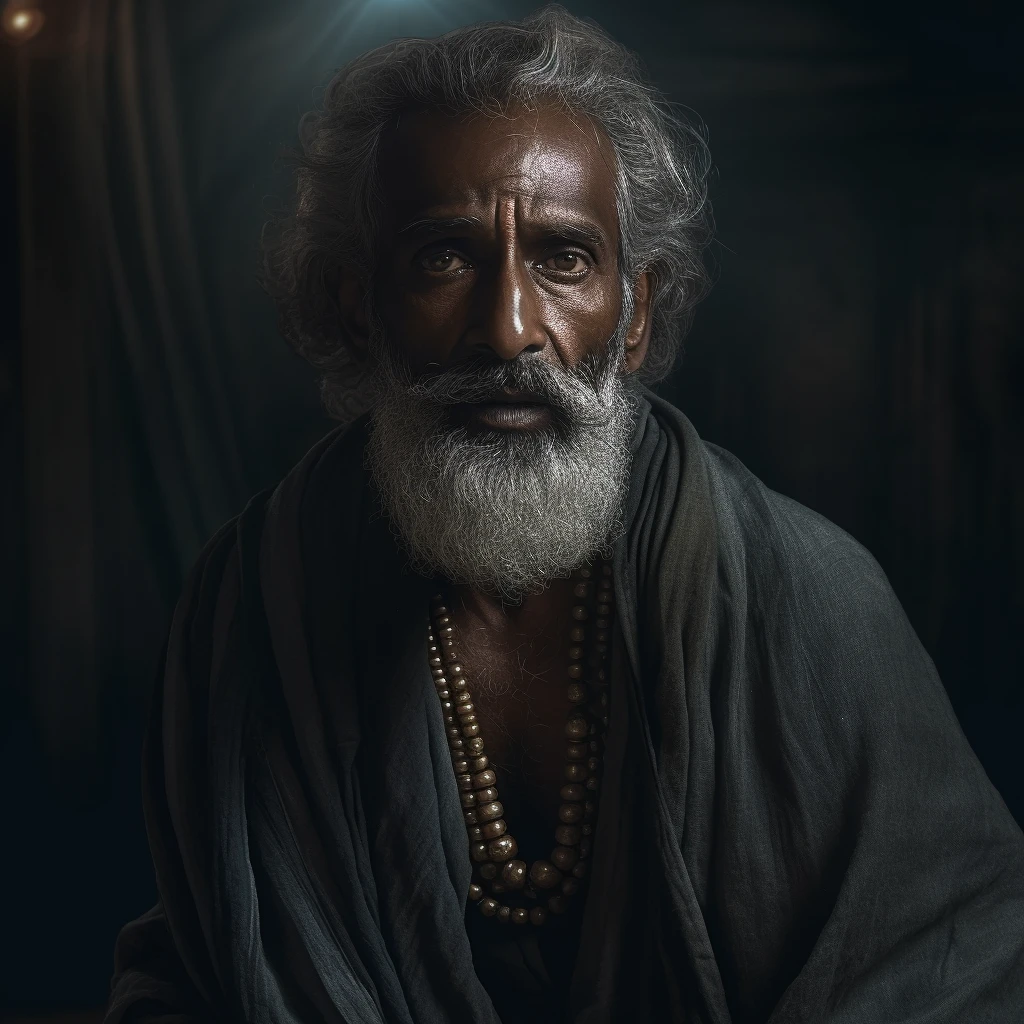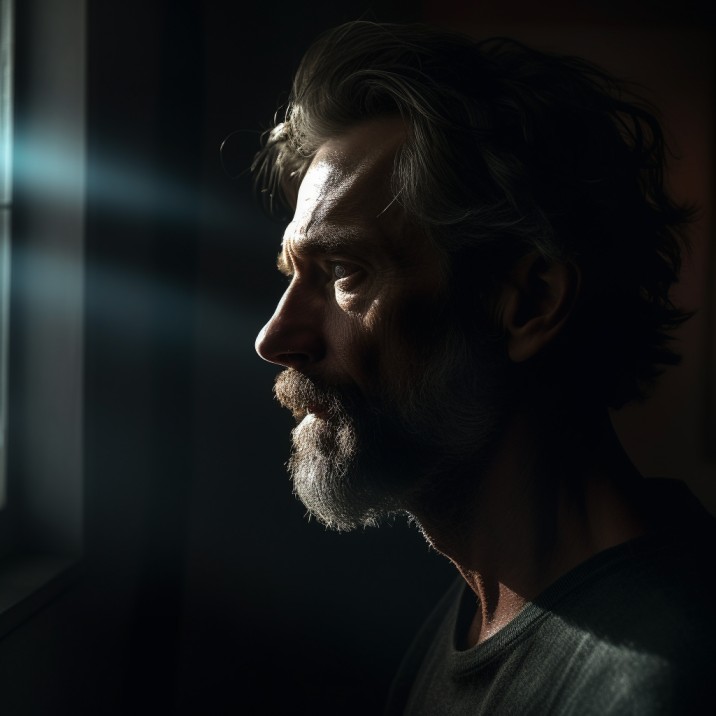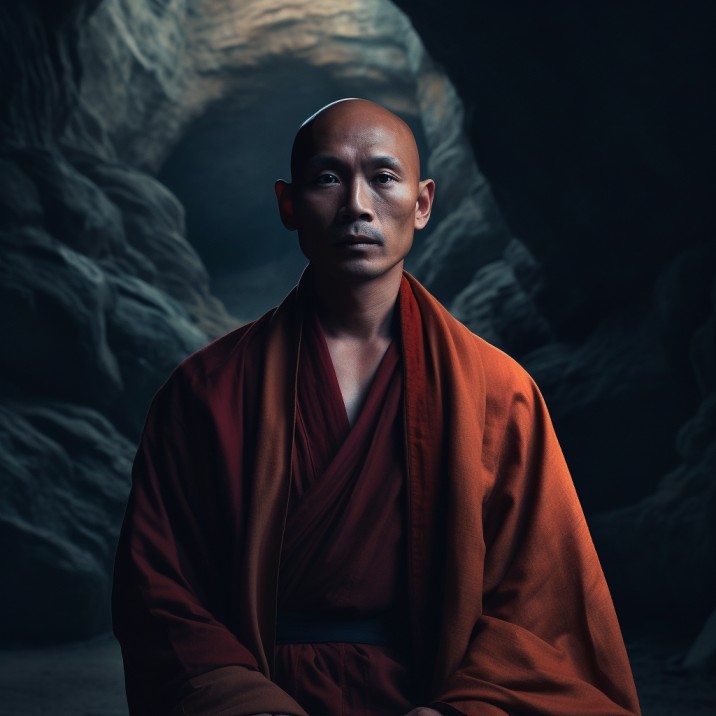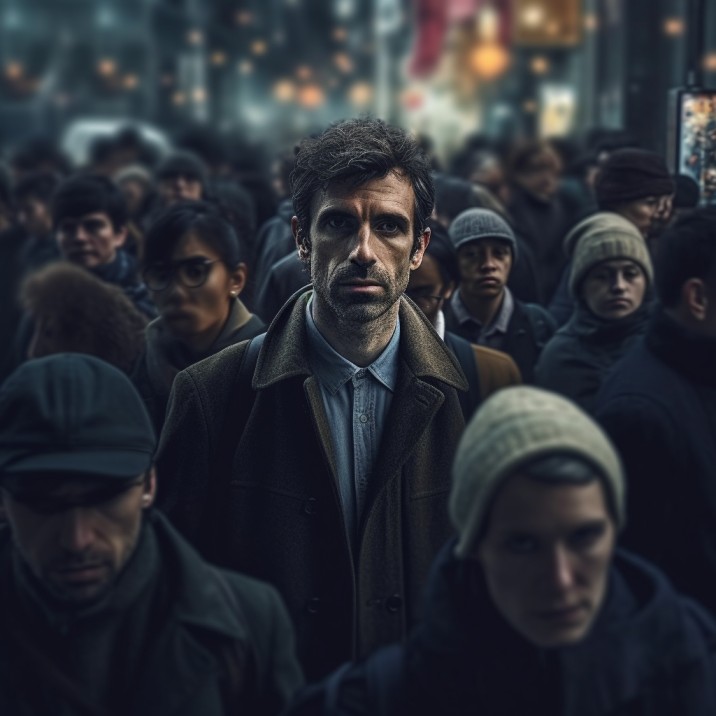In the interminable dance of existence, we often encounter situations where we pause and ask ourselves, “What is the right thing to do?”
This question arises from the depths of our consciousness, illuminating the inseparable human quest for moral judgment, guidance, and certainty.
Yet, is this pursuit not fundamentally flawed?
When we say ‘right,’ are we referring to something that conforms to our personal ideals, cultural norms, societal laws, or religious doctrines?
Or does ‘right’ signify an action in harmony with a more profound, universal law beyond the scope of our narrow, fragmented perspectives?
We must examine the root of this inquiry and understand the nature of ‘right.’
We often approach such questions carrying a bag of past experiences, beliefs, and prejudices.
We seldom perceive situations as they are, but rather, how they appear through our tinted glasses of knowledge.
Yet, can any answer derived from the old, from the known, truly address a new, unique situation?
It’s like fitting a square peg into a round hole.
Therefore, it is vital that we first liberate our minds from this conditioned thinking, from the heavy burden of the past, the ‘known.’
Only then can we approach the question anew, free from the constraints of our limiting thought patterns?
Furthermore, the question “What is the right thing to do?” presupposes that there is a singular, objectively correct path to take.
But life, with its infinite complexities and interconnections, seldom presents us with such simple dichotomies.
What may be right for one might not be suitable for another. Moreover, what may appear right in one context may not hold in another.
So, the notion of ‘right’ is not absolute but somewhat relative and ever-changing.
In seeking the ‘right’ thing to do, we are seeking security and certainty in the uncertain world.
It is a subconscious yearning for a guideline, a blueprint that will shield us from the potential consequences of our actions. Yet, this search for security creates fear and prevents us from seeing clearly.
Is there an alternative approach, a different way of relating to this question?
Instead of striving to do the ‘right’ thing, we should focus on understanding the entirety of the situation, the whole matrix of interrelated factors, without succumbing to the dictates of our conditioned responses.
This requires a quiet mind, a mind that observes without judging, without desiring a particular outcome. A mind that is not clouded by fear, the past, or the illusion of the future.
The action unfolds naturally and spontaneously in this space of pure observation and understanding.
It is an action not born of thought but of complete understanding. It is an action that is intrinsically ‘right’ because it is in harmony with the totality of life.
It may not always conform to societal norms or personal ideals, yet it arises from a place of deep compassion and connection with all that is.
So, the question may not be, “What is the right thing to do?” but, “Can I understand deeply, perceive fully, and act from this place of comprehensive awareness?”
In the silence of the mind, in the completeness of understanding, lies the flowering of ‘right’ action.
It is not something to be sought after but naturally emerges when the mind is free from the known.
In this space, we truly begin to live, act, and engage with life, not as isolated entities but as integral parts of the whole.





